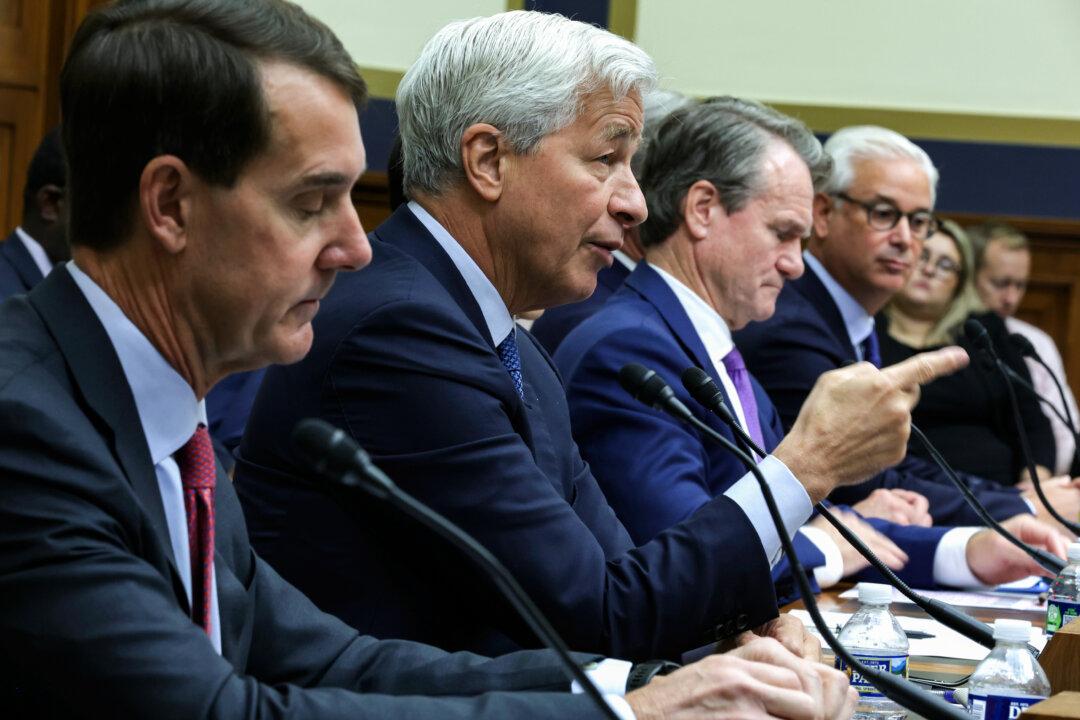A conservative shareholder group lauded JPMorgan Chase this week for agreeing to take steps against political and religious discrimination.
Having succeeded in bringing a shareholder vote to investigate claims that the bank had refused services to conservative customers, the group, which included investor David Bahnsen, lawyers at the Alliance Defending Freedom (ADF), and Bowyer Research, agreed to drop the proposal after a long series of meetings with the bank’s management.





